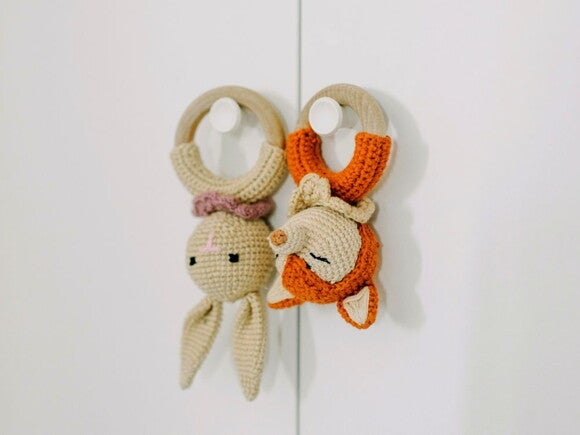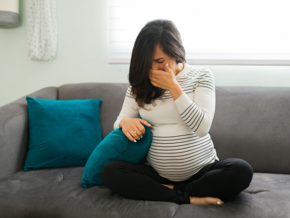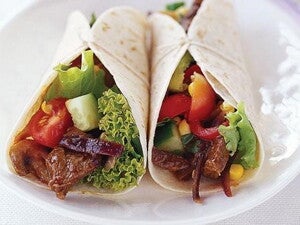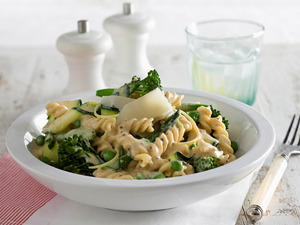
Your Baby at 10 Weeks
Your baby is really starting to look like a little human being. Their face finally looks like one, with everything in place. Their head is still very large, much bigger than the rest of their body, but they can now turn it. Their body has lots of muscles and they will soon be waving their arms and legs, though not coordinated. In their abdomen, an over-sized liver is forming many of their red blood cells.
At 10 weeks, your baby is around the size of a prune and is starting to look more like a little human. Their mouth already has some tiny teeth forming.
Your Body at 10 Weeks Pregnant
You may have been jumping for joy over your pregnancy half an hour ago and then suddenly seemed worried. Yes, the mood swings during the first trimester can be quite impressive. If you have been suffering from mood swings or feeling unwell, this will likely soon resolve, talk to your healthcare professional if this persists. In the second trimester, which is just about to start, hormone levels become more balanced again. That’s when most mums start feeling calmer.
Diet for Week 10 of Pregnancy
This week we are calling your attention to good, old-fashioned protein. Are you getting enough each day?
A building block of your baby’s body, protein helps to develop almost everything from muscles to collagen. During pregnancy, your protein needs increase from about 46g to 60g per day. To put that in context of what’s on your plate:
- A boiled egg has about 7g of protein,
- a 30g portion of hard cheese has around 7.5g of protein,
- a 250ml cup of milk has between 8-9g of protein;
- and an 85g fillet of cooked salmon contains 20g of protein.
So, one egg can give you about the same amount of protein as 30g of meat, fish, or cheese, or a glass of milk.
Protein is essential for both you and your growing baby. Although no single food of plant origin contains all of the essential amino acids, vegetarian diets can provide various vegetable-sourced proteins. Eating different types of plant-based proteins at the same meal, such as some combinations of grains, legumes, and nuts can provide a mix of all the essential amino acids. If dairy and egg proteins are part of your diet, all of the essential amino acids can also be provided. Make sure you let your doctor know if you are following a vegetarian or vegan diet.
Tips for Week 10 of Pregnancy
Can I eat fish while pregnant?
It is quite possible for pregnant women to eat fish as part of a balanced diet, as it is an excellent source of protein and omega 3 fats. However, some fish have higher levels of mercury, a pollutant to which the nervous system of the foetus is particularly sensitive to as it develops. Fish such as mackerel, Atlantic salmon, canned salmon and canned tuna in oil, as well as snapper and bream all contain low levels of mercury and are safe to eat during pregnancy in small amounts 2-3 times a week. Check with your doctor or a dietitian to be sure.
In general, fatty fish, such as salmon and sardines, are recommended for diets of women that are pregnant. These fish provide DHA (docosahexaenoic acid), an omega-3 fatty acid that helps support your baby’s brain and eye development. Choose healthier lean versions such as salmon fillets or white fish that are not battered or crumbed. Getting enough DHA can be tricky, so if you’re unsure – or you’re not a fish fan – speak to your healthcare professional about a supplement containing DHA.






